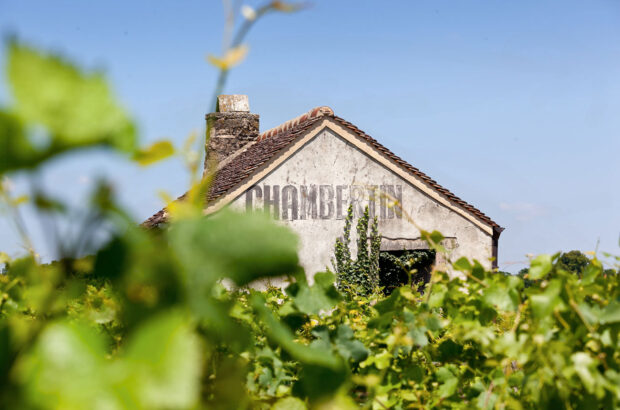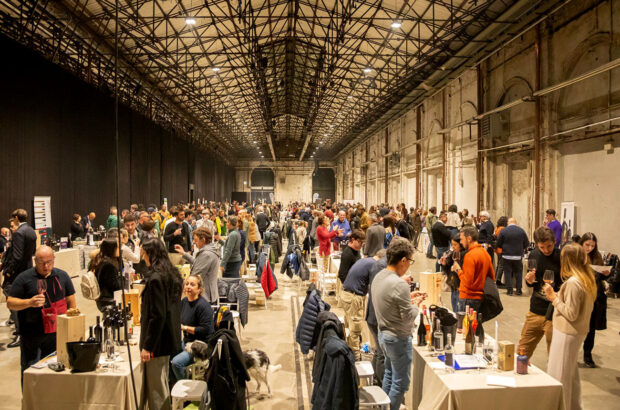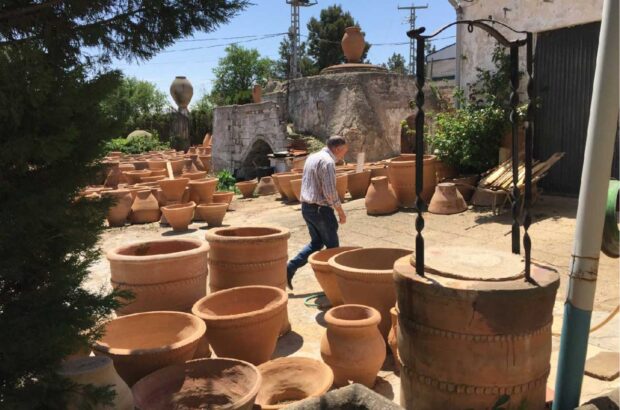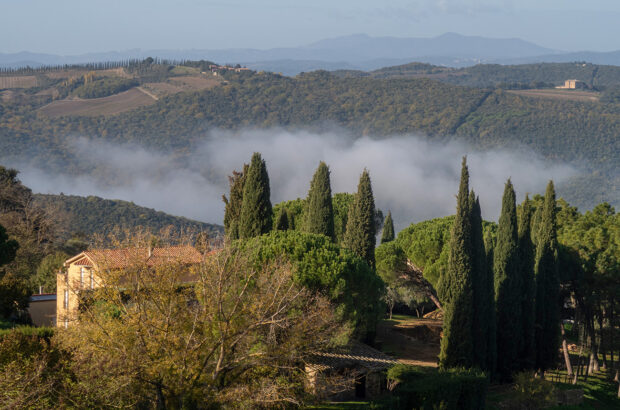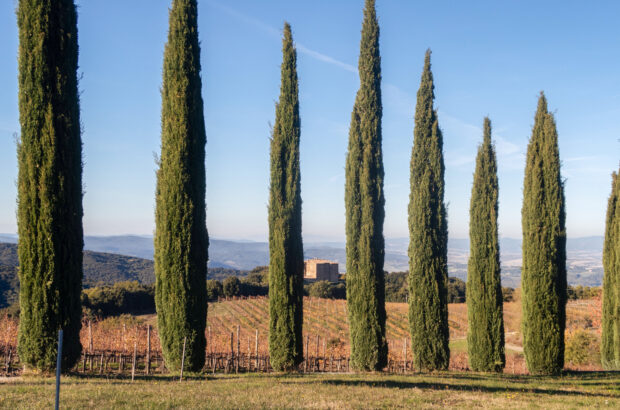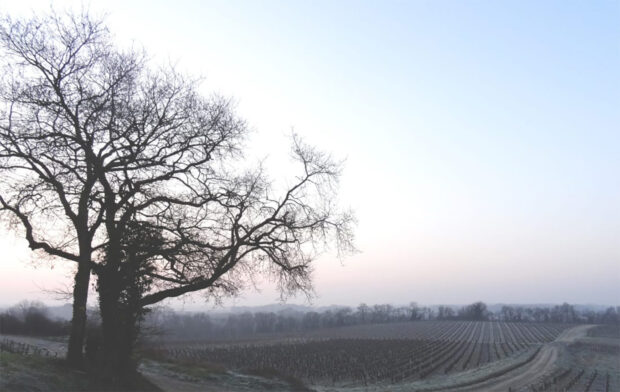Dirk Niepoort is an almost startlingly unassuming man. You will hardly ever spot him in a suit and tie and one has the distinct impression that despite frequently touring the world promoting his tiny port house – the second smallest in existence with a production of 40,000 barrels – he is happiest in his wine cellars. So how has Niepoort port acquired an almost legendary reputation since he took over the firm, and branched out into table wines that are already regarded as among Portugal’s finest? There are, in the first instance, the reasons already mentioned.
There is also the fact that he took over a port firm that, while being profoundly old-fashioned and set in its ways, had great treasures in its Gaia storehouses, waiting for an apostle to spread the word. Then there is the fact that Dirk Niepoort himself is stubbornly devoted to his wines and a cheerfully confirmed wine nut, whose idea of a good time is to sit around with friends, plunder his own cellars of wines both remarkable and not so remarkable, and talk about them ad infinitum, analysing, debating and, above all, enjoying.
Port from 1863 sets new world auction record
A descendant of four generations of originally Dutch port producers, Niepoort was never especially interested in wines until he discovered his love for them while studying in Switzerland. Back in Portugal he began developing the principles on which he has built his present success – a combination of new perspectives and cooperation with Jorge Serodio Borges, director of winemaking. He has also relied on the traditional skills of his provador, ‘Zézé’ Nogueira, whose family have been working for his house for four generations and have helped to ensure a consistency of style across the decades.
‘Nogueira is extremely important,’ says Niepoort. ‘Working with him makes the difference between creating a good wine and a work of art. Without him, making the wine is merely a technical achievement.’
Finally taking over the firm from his father in 1997 was a difficult process as two strong characters sought to determine its fate. But eventually Dirk proved the worth of his ideas, with the father seeing that his son’s vision was a way forward, and Dirk devoting more of his attention to the ports. One of the areas in which Dirk Niepoort has acquired a reputation for excellence and great individualism is his devotion to the colheitas, the vintage tawnies. These are aged in wooden barrels until being bottled and, as he is quick to demonstrate, they age extremely well, a valuable counterbalance to the vintages.
‘What I expect from our colheitas is freshness but not fruitiness,’ he says. ‘They should be wines that show their age, which is why we age them in casks for a long time, sometimes over decades. Our colheita 1900 was bottled in 1972 and is showing beautifully.’
A vertical tasting in Sintra of Niepoort colheitas dating back to 1900 illustrates his point. Outstanding years are 1992, 1980, 1978, 1976, 1966, 1937, 1912, and 1900. All the wines show great freshness and elegance and a clear striving for finesse over fruit, which obviously is a hallmark of the house across the generations. Not one of the wines, despite being ‘mere’ tawnies, presents tired or unbalanced. However, Niepoort remains cautious. ‘I don’t believe that tawnies will ever achieve the importance of the vintages. The main reason is that speculation is almost impossible with tawnies since the wines are kept in our cellars for such a long time before being released.’
The tawnies are unfiltered and so keep much of their character. Ageing takes place without exception in Gaia, across the river Douro from Oporto, and not in the Douro.
About Dirk Niepoort
Born: 11 March 1964, in Porto, to a German mother and fourth-generation Dutch Portuguese father
Education: The German school in Porto and then Saint Gallen Handesschule, Switzerland
Career: In 1986 Niepoort had six months’ work experience at Cuvaison (Napa Valley) and took courses at Davis. In 1987 he began working at Niepoort, first with his father. Since 1997 he has been in charge of the firm and is entirely responsible for winemaking together with provador (winemaker) Nogueira.






